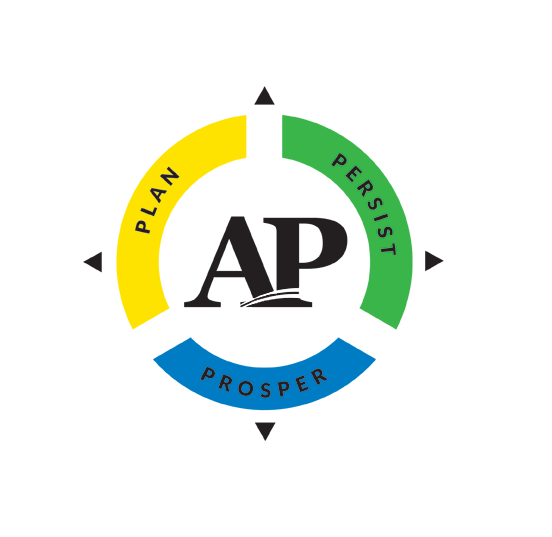Sometimes, g
A few years ago determined to find out why a new habit can get thrown off course, I read everything I could find about behavior change. I came across lots of great information that all basically came to similar conclusions.
- Don’t take on more than one new habit at a time.
- Sandwich the new habit, i.e., anchor it to something you already do (like one pushup after using the bathroom and before washing your hands.)
- Create “baby steps” for your habit. Instead of 10 pushups, just do 1 to get yourself started.
- Congratulate yourself for every successful completion of your new habit.
- Plan for setbacks. (This is HUGE!)
- Avoid self-criticism when you’re not meeting your target.
- Surround yourself with people who are supportive of your change.
- Change your environment to better support your new habit.
- Learn about your new habit. Become fascinated with it. (I believe this increases your sense of competence for what you’re doing. I didn’t read this anywhere, necessarily, but it’s my approach based on the Self-Determination Theory of Motivation.)
Each one of these could be another post, so let’s just focus on “plan for setbacks” for now.
The easiest example is establishing a new exercise routine. What will you do if you get sick and can’t work out? What if you have a bad head
Each type of temporary illness needs a plan of attack for getting back into your routine. (Yes, migraines are temporary. Generally, a migraine incident doesn’t last forever. I don’t recommend trying to work out while having one, though. I know I certainly don’t.)
Not having a plan is exactly what threw my exercise habit off course a few years ago. And I’d been doing it for nearly a year!
The fix was simple: If I can’t work out, I can at least walk around my house – either inside or out – for five to ten minutes. If I can’t complete my upper limit for pushups, I can complete my lower limit (depending on how sick I am that limit might revert all the way back to one versus 100.) And when I’m back to 100% better, then I pick up where I left off before getting sick.
It’s not going to be easy to get back into your new habit, but if it’s important to you, then you’ll make it happen.
A plan is arguably the most important part of making a new habit stick.
References
Self-Determination Theory (2018) Retrieved December 2, 2018 from http://selfdeterminationtheory.org/
